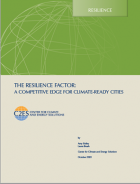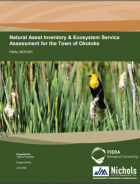Sheilah Nolan, Climate Change Specialist for Alberta Agriculture and Rural Development, discusses the Alberta Offset System that encourages the reduction of greenhouse gasses in agriculture. She talks about the significance of the Climate Change Action Plan, initiated in 2002, and the Specified Gas Emitters Regulation, which began in 2007, as well as the ways in which the offset system will reduce GHG emissions while encouraging scientific innovation.
Nolan discusses improvements to the regulations within this system. For example, the improvements farmers have made to farming must be additional and permanent. They must be quantifiable and verifiable, which means they must be measurable and records must be kept. Also, improvements to farming can now be measured by improvements to management and do not need to be measured by soil carbon changes – something that is difficult to do.
She also talks about the challenges and benefits of the offset system. Challenges involved in this relatively new system are present in the science, practice and policy involved. There is uncertainty in unmetered biologic systems, verification of offsets is needed from engineers and accountants, and scalability needs to be determined at the provincial, national and international level. Despite the challenges, the information gathered is important to other agricultural initiatives. Also, it is a low-cost system that supports innovation in agriculture and provides a role for professional Agrologists, while supporting a more environmentally balanced way of doing business in the field of agriculture.
This presentation was a part of the Alberta Soil Science Workshop in Calgary, Alberta in February 2014.





